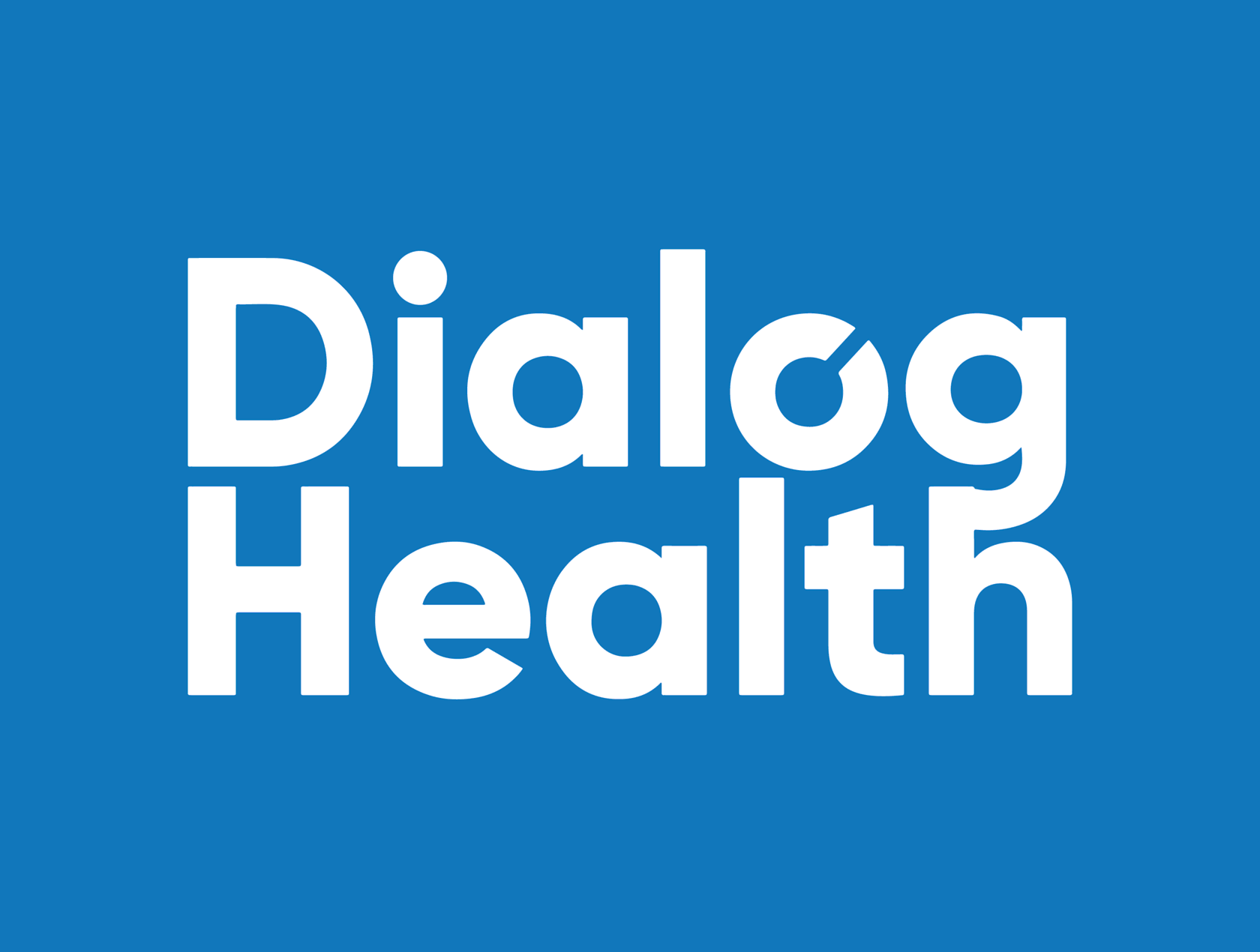- Turkey
-
 Health
Health - 10 delegates
- December 2019
December 16-20, 2019, a delegation of 10 representatives from the Ministry of Health of Kazakhstan went to Turkey to discover their primary care system.
This mission, funded by the World Bank, aimed to identify best practices that can be applied to the structuring of a primary care offer.
During 5 days, the delegates discovered the transformation that Turkey led in the 2000s. A morning with Professor Recep Akdağ, former Prime Minister and Minister of Health, allowed them to understand the strategy deployed and the means put in place. The Turkish model of family medicine was in fact created in 2003. The main components of the family medical practice as specified in the law are as follows
The system consists of a family physician and a family healthcare staff.
At least 1000 and at most 4000 people can register to a family physician.
While a family physician can provide service in a building alone, a few family physicians can provide service together.
Primary care physicians who want to work as family physicians take a week-long training.
Family physicians are responsible for primary healthcare services
After these days presenting the legislative and practical framework in Istanbul, the Kazakh participants met several teams of family medicine centers, in particular in the heart of the Zeytinburnu district.
In Ankara, the delegation benefited from thematic presentations on support for COPD patients, prevention and screening training for primary care workers or the use of new technologies to monitor chronic patients. Site visits completed this in-depth discovery of the Turkish healthcare system.
This comprehensive program enabled delegates to discover an innovative organization in a context comparable to their ten-year objectives. It was a great experience of continuing education which should enrich the transformation of the primary care system in Kazakhstan.
During 5 days, the delegates discovered the transformation that Turkey led in the 2000s. A morning with Professor Recep Akdağ, former Prime Minister and Minister of Health, allowed them to understand the strategy deployed and the means put in place. The Turkish model of family medicine was in fact created in 2003. The main components of the family medical practice as specified in the law are as follows
The system consists of a family physician and a family healthcare staff.
At least 1000 and at most 4000 people can register to a family physician.
While a family physician can provide service in a building alone, a few family physicians can provide service together.
Primary care physicians who want to work as family physicians take a week-long training.
Family physicians are responsible for primary healthcare services
After these days presenting the legislative and practical framework in Istanbul, the Kazakh participants met several teams of family medicine centers, in particular in the heart of the Zeytinburnu district.
In Ankara, the delegation benefited from thematic presentations on support for COPD patients, prevention and screening training for primary care workers or the use of new technologies to monitor chronic patients. Site visits completed this in-depth discovery of the Turkish healthcare system.
This comprehensive program enabled delegates to discover an innovative organization in a context comparable to their ten-year objectives. It was a great experience of continuing education which should enrich the transformation of the primary care system in Kazakhstan.
Subscribe to our newsletter
Once a month you will learn about our latest tours.
By clicking the button you agree to our Privacy Policy
Photos
Previous study missions

